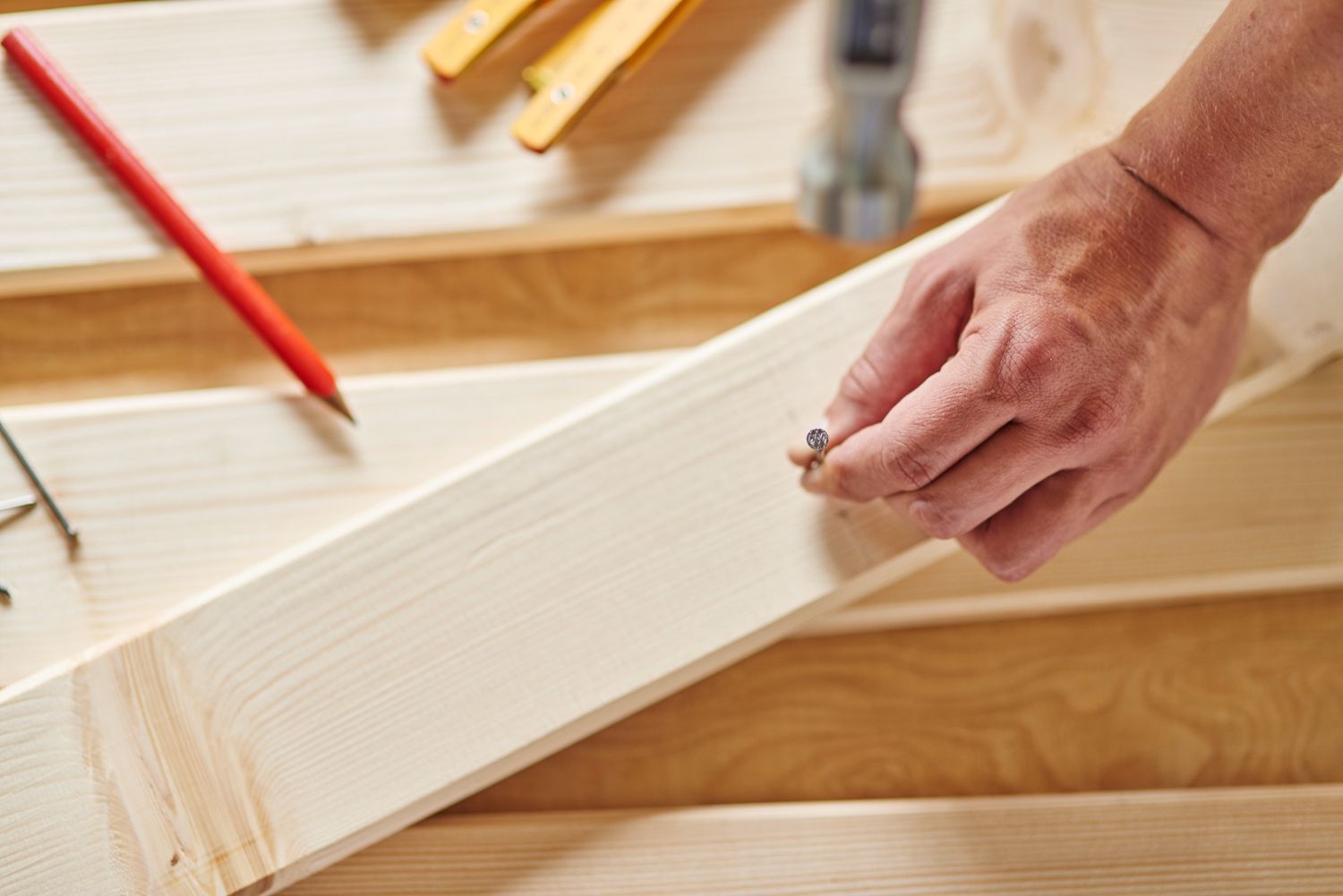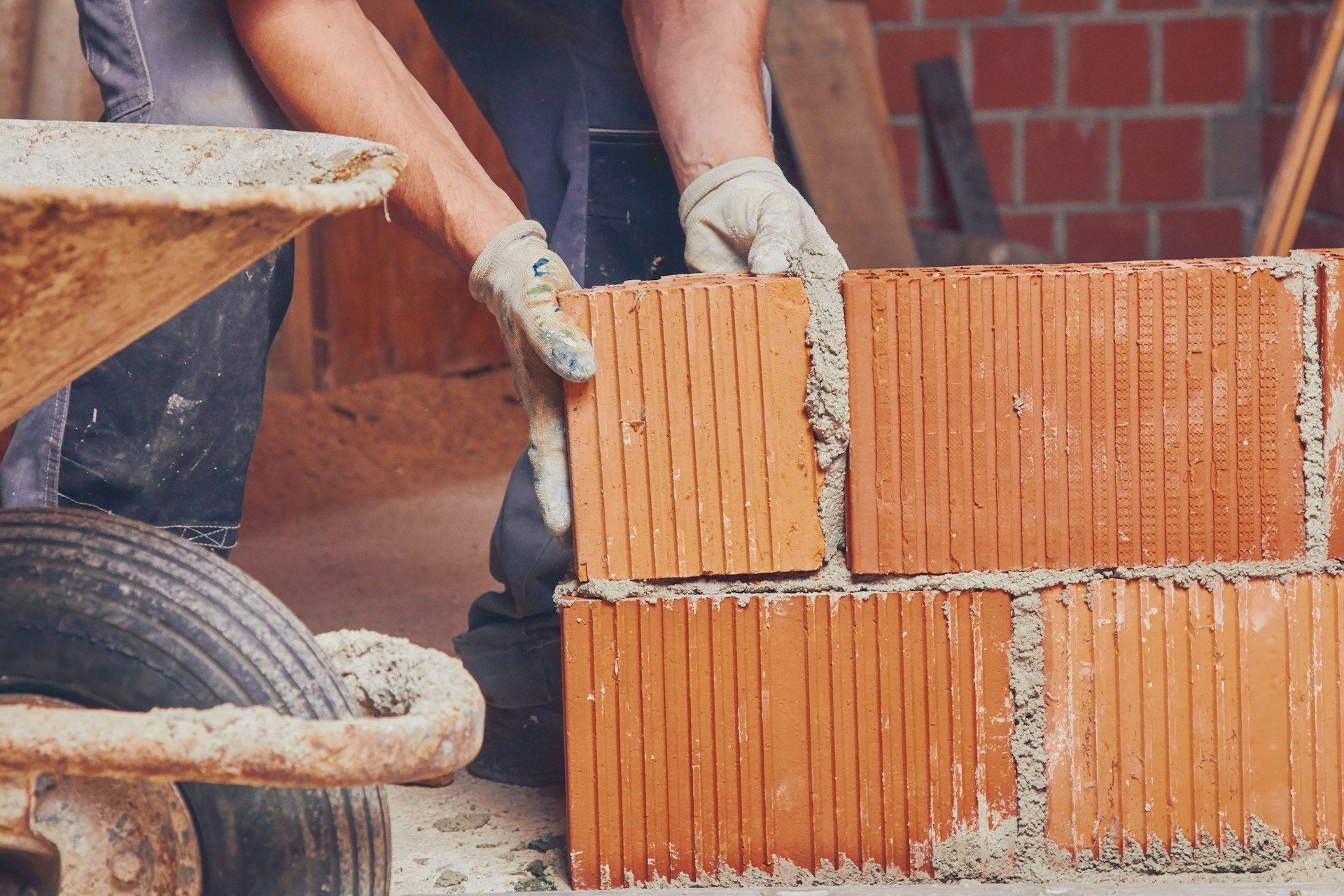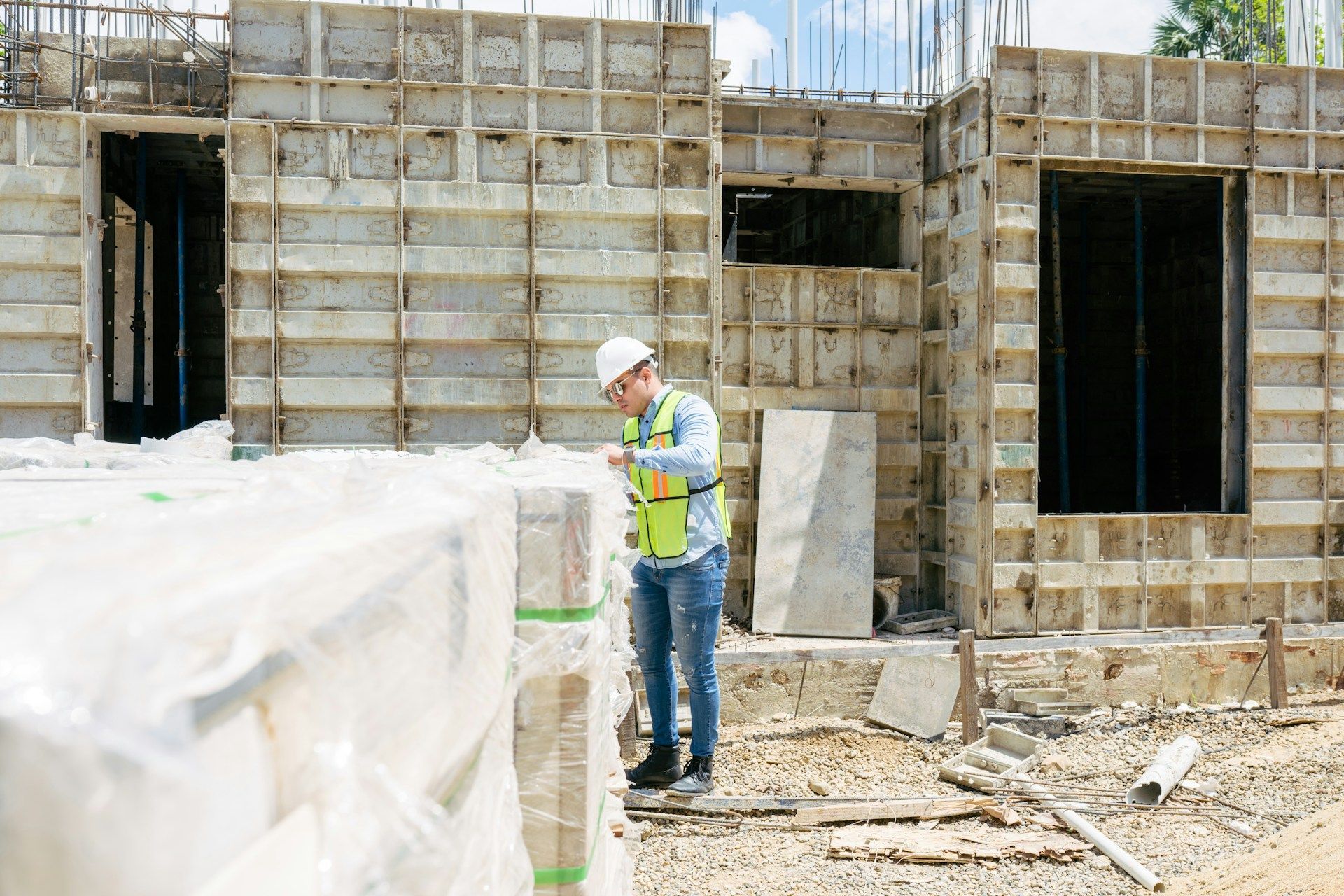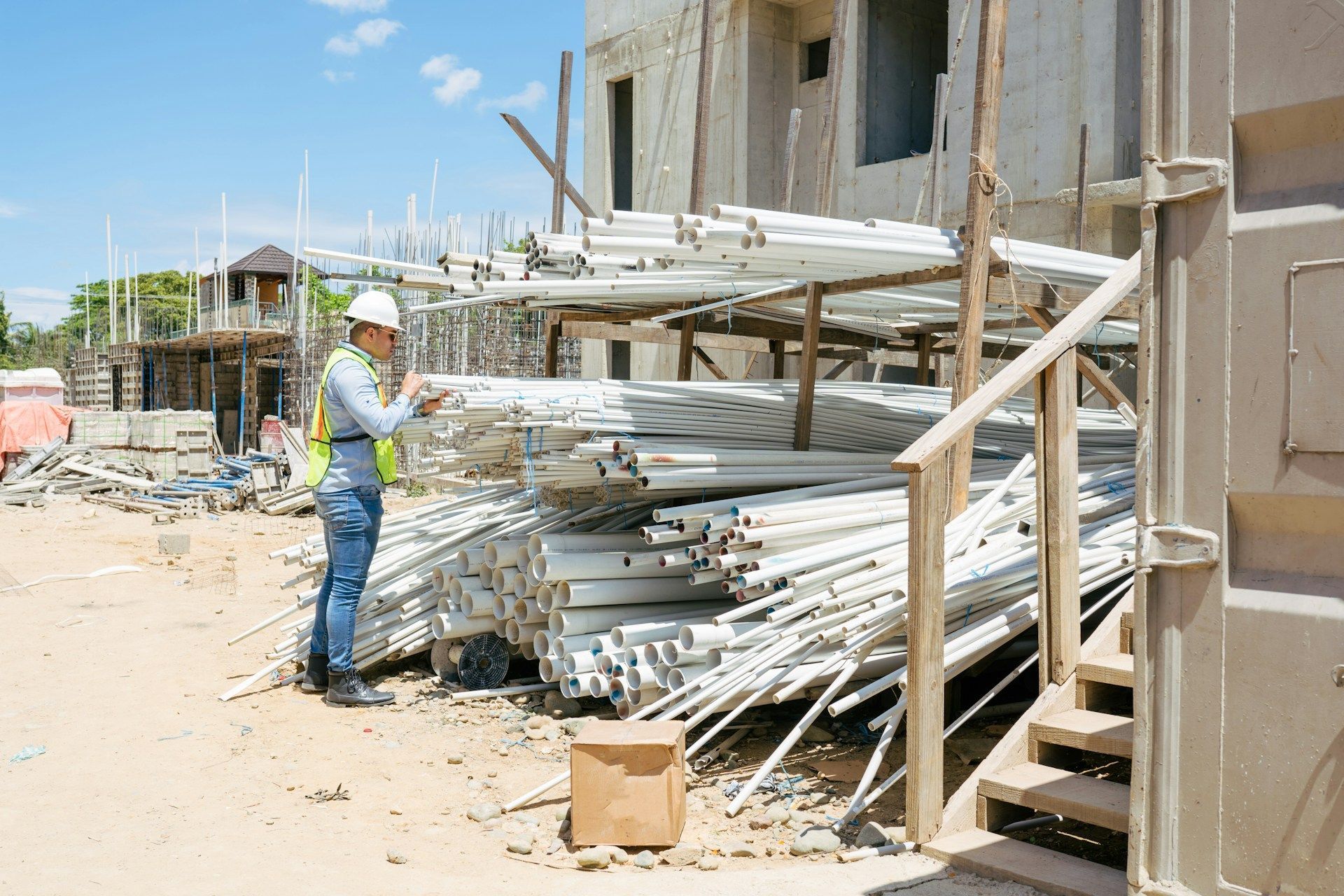Create a Sustainable Home With Eco-Friendly Building Materials
In today's environmentally conscious world, adopting sustainable and eco-friendly practices in everyday life has become increasingly important. More than ever, homeowners and builders are seeking environmentally conscious solutions when it comes to building, renovating, or upgrading their homes. From improving energy efficiency to reducing waste, utilizing eco-friendly building materials can have a wide array of benefits for both the environment and your long-term living experience.
In this in-depth guide, we will explore the numerous benefits of incorporating eco-friendly building materials into your home projects, discuss various types of sustainable materials available, and provide valuable tips for selecting and utilizing these materials to create an energy-efficient and environmentally responsible living space. At Social Circle Ace, we are committed to providing our customers with insightful and engaging content related to building materials and sustainable construction practices. Our goal is to empower you with the knowledge necessary to make informed decisions when it comes to creating a sustainable and eco-friendly home.
Embracing eco-friendly building materials not only minimizes your home's environmental impact but can also improve energy efficiency, reduce maintenance costs, and contribute to a healthier living environment. By understanding the advantages of sustainable materials and incorporating them into your home construction or renovation projects, you can create a modern, functional, and environmentally friendly living space that you can be proud of. Join us as we delve into the world of eco-friendly building materials and discover how you can transform your home into a sustainable sanctuary.
1. Benefits of Using Eco-Friendly Building Materials
Incorporating sustainable and eco-friendly building materials into your home has several advantages, including:
- Environmental Impact: Using sustainable materials reduces the depletion of natural resources, minimizes pollution and waste, and promotes a healthier ecosystem. Renewable materials further ensure that we are not depleting our planet's resources for future generations.
- Energy Efficiency: Eco-friendly materials often have improved insulation and energy-saving properties, leading to lower heating and cooling costs. A well-insulated home requires less energy, reducing your carbon footprint and saving on utility bills.
- Durability and Low Maintenance: Sustainable building materials often boast impressive durability, requiring less frequent replacement and minimal maintenance. This long-lasting nature reduces costs while also minimizing waste generated from repairs and replacements.
- Indoor Air Quality: Traditional building materials can emit harmful volatile organic compounds (VOCs), whereas eco-friendly alternatives generally have low or zero VOC emissions, contributing to improved indoor air quality and a healthier home environment.
2. Types of Eco-Friendly Building Materials
There is a growing range of sustainable materials available for home construction and renovation. Below are some popular eco-friendly building materials to consider:
- Bamboo: Renowned for its rapid growth, strength, and versatility, bamboo is a renewable alternative to traditional wood materials. It is suitable for flooring, cabinetry, furniture, and even structural components.
- Recycled Metal: Reusing metal materials, such as steel and aluminum, conserves natural resources and reduces waste. Recycled metal can be used for roofing, framing, and various decorative features.
- Reclaimed Wood: Salvaged from old buildings or construction projects, reclaimed wood is an eco-friendly alternative to new lumber. It can be repurposed for flooring, beams, furniture, and other applications.
- Straw Bales: A highly insulating and sustainable material, straw bales offer an environmentally friendly alternative for home insulation and structural purposes. This material is most suitable for use in low-rise buildings with a dry climate.
- Cork: Derived from the renewable bark of cork oak trees, this material offers excellent insulation and sound absorption properties, making it an eco-friendly option for flooring and wall coverings.
- Solar Panels: Although not a building material per se, installing solar panels can significantly reduce your home's reliance on fossil fuels by harnessing renewable energy to power your home.
3. Tips for Selecting and Incorporating Eco-Friendly Materials
When choosing and implementing eco-friendly building materials for your home, keep the following tips in mind:
- Assess Material Lifespan: Opt for materials that have a long lifespan and low maintenance requirements, thereby reducing waste and long-term resource use.
- Regional Considerations: Source materials locally when possible to reduce transportation-related emissions and support local economies. Additionally, choose materials well-suited to your region's climate for optimal performance and durability.
- Evaluate Material Recyclability: When selecting materials, consider whether they can be recycled or reused in the future, reducing waste and contributing to a more circular economy.
- Balance Function and Eco-friendliness: While prioritizing sustainability, ensure that the selected materials meet your functional and aesthetic requirements for your project, providing a satisfying result that stands the test of time.
4. Green Construction and Renovation Practices
In addition to using eco-friendly building materials, consider implementing sustainable construction and renovation practices, such as:
- Reduce Construction Waste: Minimize waste by reusing and recycling materials and implementing efficient construction techniques. This practice conserves resources and reduces your project's environmental footprint.
- Optimize Passive Energy Design: Utilize passive solar design principles to maximize natural lighting and regulate your home's temperature through strategic window placement and insulated walls.
- Improve Water Efficiency: Install water-saving fixtures and appliances, such as low-flow faucets and dual-flush toilets, to reduce water consumption and waste.
- Invest in Energy-Efficient Appliances and Lighting: Choose energy-efficient appliances and LED lighting options, which are more eco-friendly and cost-effective in the long run.
Conclusion
Eco-friendly building materials and sustainable construction practices offer significant benefits for both the environment and your home's long-term performance, energy efficiency, and comfort. By understanding the various types of sustainable materials available and incorporating practical tips for selecting and utilizing eco-friendly options, you can create a beautiful, functional, and environmentally responsible living space.
Social Circle Ace is dedicated to supporting your journey towards a sustainable home by providing useful information, expert insights, and a range of sustainable products. Join us in our commitment to creating a healthier, more sustainable world through informed choices and responsible construction and renovation practices. Happy building, and here's to a greener future!
Department
Contact Information
Payment Types
© 2025 The content on this website is owned by us and our licensors. Do not copy any content (including images) without our consent.
Website designed by Faithworks Marketing
















